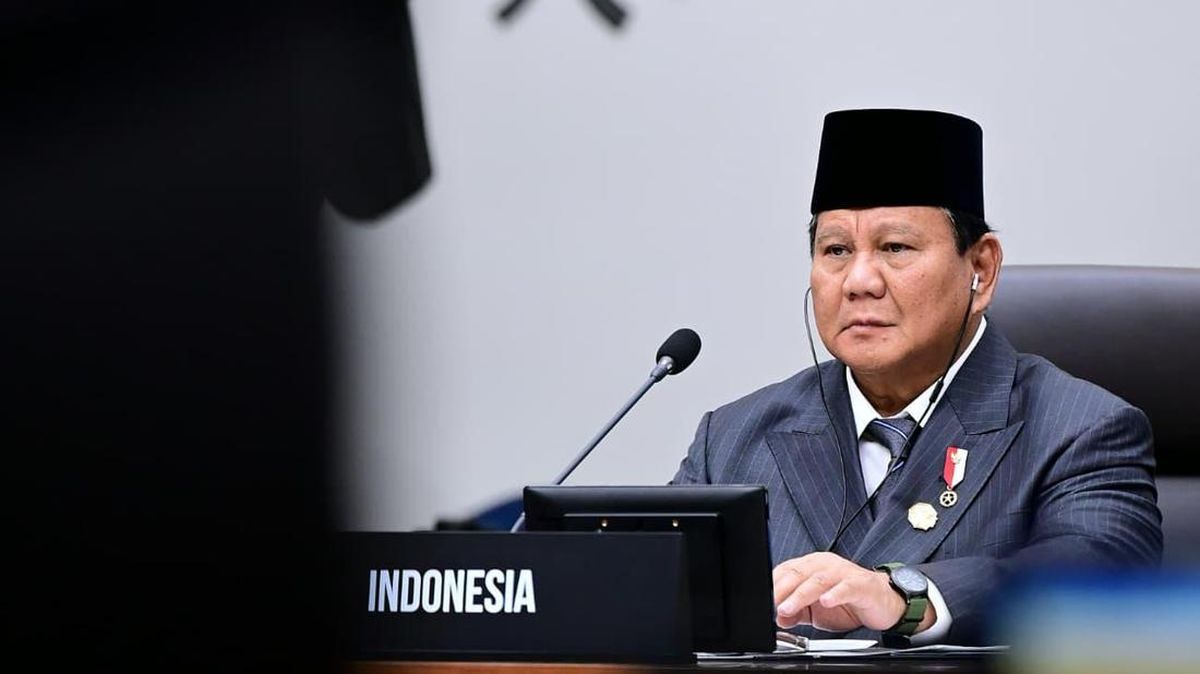Never as a journalist have I come across so many people angry and upset at an issue that, outwardly, looks as interesting as soggy cardboard.
Across hundreds of interviews with politicians, policymakers, experts, many resorted to swearing to describe the day-to-day problems caused by the federation. One said it was “cathartic” to talk freely about the issue as if it were some sort of addiction.
Treasurer Jim Chalmers was more circumspect but labelled this nation’s Byzantine network of laws and inter-government arrangements as a handbrake to the economy.
Loading
At almost every step in our daily lives, there’s something in the way of taxpayers and businesses trying to go about their lives, even as we pump a record $1 trillion in taxes and levies into our federated system.
The problems stretch from the financial imbalance between Canberra and the states that is playing out across the nation’s hospitals to how a small group of angry ratepayers can block new housing by insisting their suburb remains impervious to the 21st century.
Competition academic Flavio Menezes likens the entire federation to a bewildering network of plumbing that’s blocked up.
There have been efforts to clear up all the detritus gumming up the works.
Kevin Rudd made some ground when he declared the nation’s health system would be “funded nationally, run locally”. He recognised both the federation’s financial imbalances and that the states were in the best position to deliver health services.
Much of this promising change died with the Abbott government and its 2014 budget.
Tony Abbott, to his credit, had perhaps the clearest idea of federation reform, famously declaring the Commonwealth should “keep to its knitting”.
The federation white paper process he began could have been the breakthrough needed.
Instead, it fell foul on two counts – it quickly became apparent Abbott’s “knitting” was an exercise in offloading expensive services to the states, while he didn’t even survive his own party room.
Malcolm Turnbull had a half-hearted go when, almost out of nowhere, he announced in early 2016 his plans to offer the states a share of federal income tax. Blindsided states quickly said no.
Under this plan, Commonwealth income tax rates would be reduced. States could raise their own income tax by the same amount, but they would also lose commonwealth grants equal to the amount they raised from their new tax.
Loading
It was a variation of a (long-forgotten) proposal Malcolm Fraser had outlined in the late 1970s. It fared just as well.
At the recent three-day economic roundtable overseen by Chalmers, it became clear that the mishmash of responsibilities and rules that is today’s federation is the unspoken economic problem facing the country. The roundtable has forced all levels of government to concede that the current arrangements cannot continue.
There are two options on how to move forward.
The Albanese government could resurrect Abbott’s white paper process, but in a clear bipartisan approach with everything on the table.
It may, however, be too much of a threat to each level of government and would be an anathema to a prime minister as cautious as Albanese.
As constitutional expert Anne Twomey notes, “it would mean some people giving up their empires”.
The states and the Commonwealth would have to recognise their own shortcomings.
Loading
The crisis that is Australian housing has been growing for three decades, in part because of the differing vested interests at play. The Commonwealth has recognised the importance of coordinating the herd of cats that is the states and local councils that have failed so often.
The federal government would also need to realise it is far from perfect. John Howard’s adventurism in the Northern Territory’s Indigenous issues, Rudd’s pink batt fiasco, robo-debt under the Turnbull and Morrison governments and now the NDIS all show that while the Commonwealth believes it’s the king of the federation, it can also play the fool.
Click on the areas of spend below to see the relative distribution of wealth.
The other alternative, one which may work, is for the two key levels of government to work on bite-sized problems.
Chalmers has pressed forward in a range of areas over recent years, including in commercial planning and zoning, occupational licensing and now road user charging. Just getting agreement on bike helmet standards would save businesses a few million dollars a year.
It’s not big bang stuff that grabs attention. But pull together enough of these problems and you make real progress.
As much as some economists and pundits say huge changes in everything from tax to social policy are required, this ignores the tortured history just to federate the colonies in the 1890s and everything since.
Just unifying our three separate rules to get on and off a roundabout, or stop forcing rail workers to change their hi-viz vest to cross a state border, would be a step towards the ideal of an Australian federation.
Cut through the noise of federal politics with news, views and expert analysis. Subscribers can sign up to our weekly Inside Politics newsletter.


















































